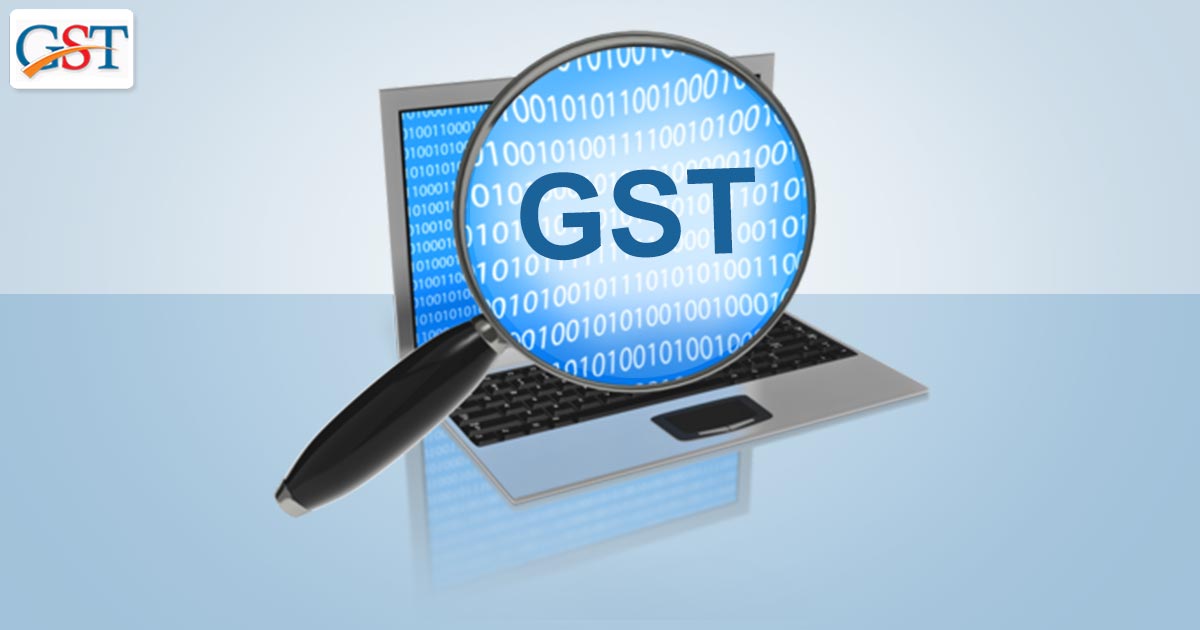GST digital audit can be a major weapon against all the tax defaulters prevailing in our country. India’s biggest tax regime i.e. Goods and Services Tax (GST) has been implemented in the country from the 1st July 2017. But, with the roll out of this taxation regime, there is also an immediate medium is required to counter the problems faced by the taxpayers and to resolve the discrepancies found, on a regular basis through Audit.
What is GST Digital Audit?
As we all know that under GST, all of the compliance are to be followed in a digital manner. The apex audit body of India i.e. the Comptroller and Auditor General (CAG) has come up with an “End-to-End IT solution” to audit the Goods and Services Tax (GST) digitally.
Basically, the Digital audit under GST means auditing the data under GST based on a data-driven platform, which is independent of time, place and person. Digital Audit will create an environment of the zero-paper trail and go completely paperless from day one, which emphasizes the key features of the platform i.e. digitally-filed audit and real-time monitoring.
How will It Be Done?
For bringing such a big revolution of Digital Audit, a data warehouse will be created by CAG team with data of assessees being collected from various sources such as the Goods and Services Tax Network (GSTN), Commercial Taxes Departments of all states and UTs and the Central Board of Excise and Customs. For auditing in a comprehensive manner, data will also be collected from other departments such as the Income Tax department, e-commerce, Medical Council of India, agricultural committees and other regulatory bodies under India. The data warehouse will also include the audit objections raised by departmental officers during field inspection.
When will It Start functioning?
For auditing at such a big platform, the proposal of digital audit envisages that a pilot program on the GST audit first to be brought in, which will be ready by October this year. Pilot versions of the GST audit will aim to set up a Comprehensive Audit Management Platform as well as a Knowledge Management System, after then considering the problems faced and discrepancies found in pilot versions, and by resolving the same in the next two beta versions, a final stage of GST digital audit system will be launched by March 2019, which is fully based on near to real-time peer review, and a digital audit report.










